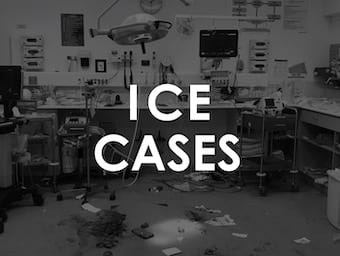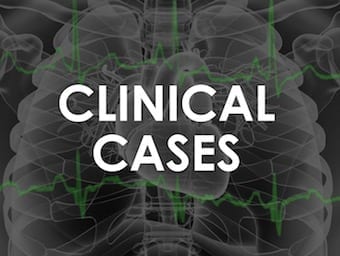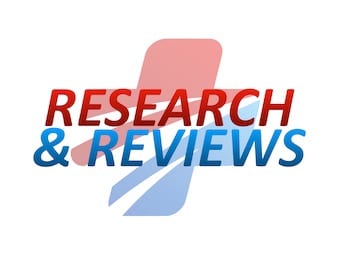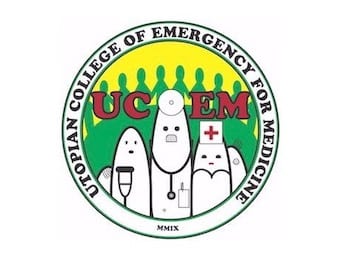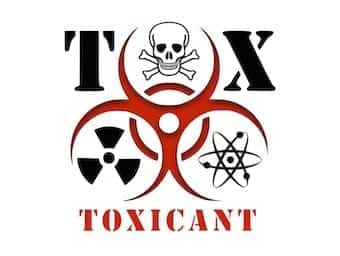
Opioid toxicity
Opioids are obviously our bread and butter in emergency medicine, what more is there to know? This post is designed to give you a few extra tips and some idiosyncrasies with some of the other opiates to assist you in your clinical management.

